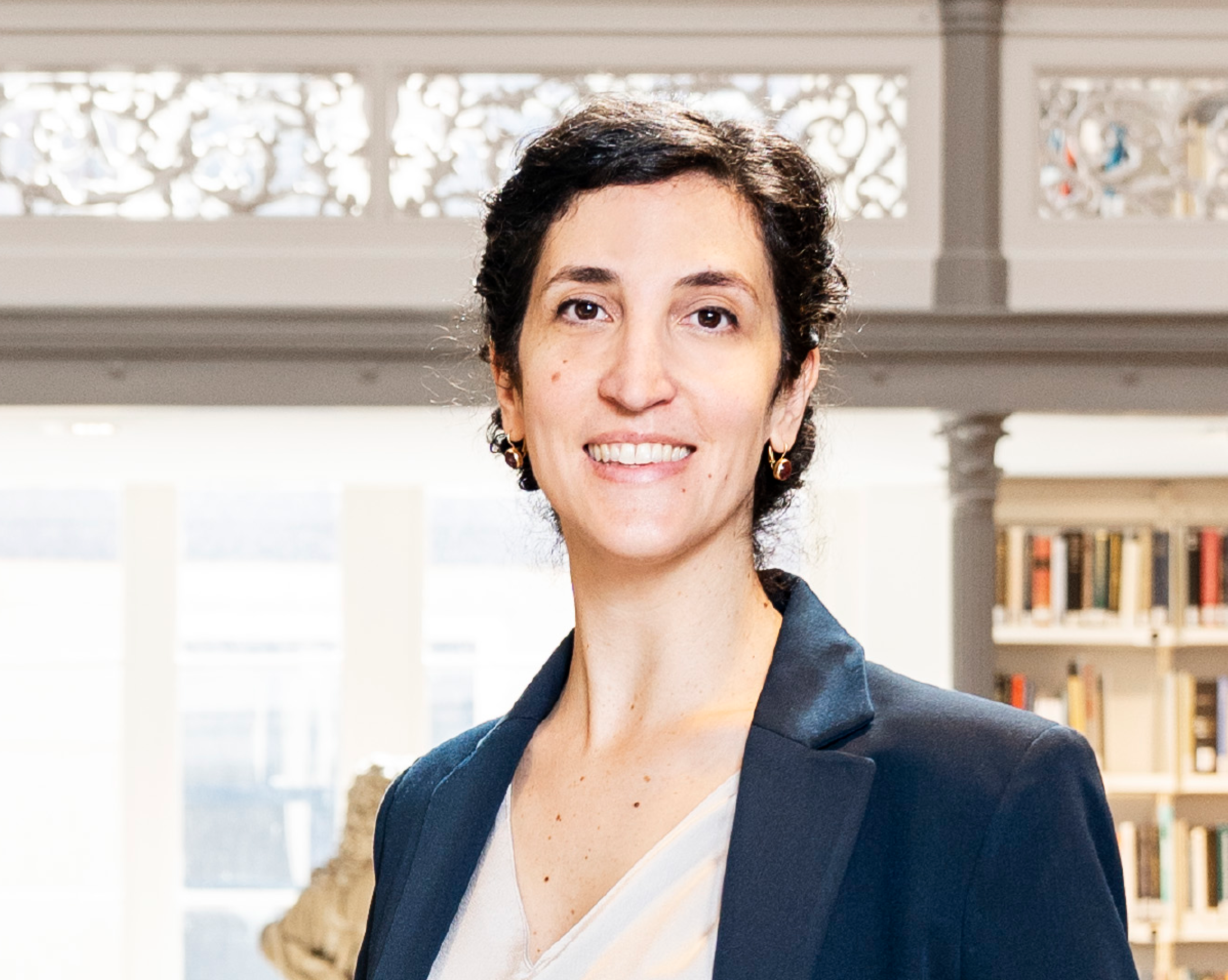Lorena De Vita (1987), an Assistant Professor in the history of international relations at Utrecht University, is the recipient of the Heineken Young Scientists Award in the Humanities. The jury praises her unique approach within the field of international relations, focusing not on the history of conflict but on the subsequent reconciliation. In doing so, she contributes to the contemporary understanding of the context and conditions surrounding reconciliation and repair.
Charlene de Carvalho-Heineken established the Heineken Young Scientists Awards in 2010 to honour young scientific talent for their outstanding achievements. Since then, the prize has been awarded every two years to four highly promising young researchers affiliated with a Dutch university or research institute and who are working in one of the following domains: Medical/Biomedical Sciences, Humanities, Natural Sciences, and Social Sciences. Each laureate receives an unrestricted cash prize of €15,000 as a reward.
About the research
Lorena De Vita studies the international history of reconciliation and repair. Historical research into international relations often focuses on wars and conflicts, but De Vita focuses instead on what happens afterwards: the reconciliation between peoples and countries after massive human rights violations. In doing so, she tries to discover the conditions for reconciliation, why it has succeeded in some cases and not in others, and who the protagonists are. Her research includes not only prominent figures such as prime ministers and foreign ministers, but also scientists, diplomatic staff, lawyers, and journalists.
Among other topics, De Vita has examined how Germany and Israel reconciled after the Holocaust. In her book Israelpolitik – German-Israeli Relations, 1949-1969, she concludes that the reconciliation succeeded partly because of concrete interests on both sides. She is currently researching how repair is possible after massive human rights violations, such as those during the Holocaust. For this, she is studying, among other things, the diaries of German lawyer Otto Küster, who was part of the negotiations about reparation measurements for Holocaust survivors.
There is an ongoing societal debate about how to ‘repair’ various historical events such as slavery, colonialism, and genocide. Through her research, De Vita hopes to offer insight into what this form of repair entails in an international context and what is needed to achieve it.
Jury praises unique approach and social relevance
The jury honours De Vita’s distinctive approach to international relations through the lens of reconciliation. Her in-depth archival work and use of primary sources are greatly appreciated by the jury. While the word ‘reparations’ regularly features in the news when it comes to colonial history, slavery, and racism, it is far from clear what this might mean in the international context. The jury commends De Vita’s research for clarifying this by describing histories of reparations and reconciliation between countries and peoples. The jury appreciates the social relevance of her work and its active role in public debate. Through her research, De Vita contributes in her own way to understanding a current issue and demonstrates the relevance of the humanities to societal challenges
About Lorena De Vita
Lorena De Vita (1987) studied political science and international relations at Roma Tre University and the London School of Economics and Political Science. In 2016, she received her PhD in international history from Aberystwyth University in Wales and has been an Assistant Professor in the history of international relations at Utrecht University since 2017. During her career, she has received several fellowships. She was, for instance, Joseph Wulf Fellow at the Memorial House of the Wannsee Conference in Berlin in 2015, Visiting Research Fellow at the Hebrew University of Jerusalem in 2019, and Visiting Scholar at the University of Oxford in 2023.
Video
Lorena De Vita, Assistant Professor
